Council Chair John McKinnon’s visit to China, November 2024 – some reflections
In November 2024 I led a visit by a group of New Zealand China Council members to China. Over five busy days we covered Shanghai, Hangzhou and Beijing.
Our goals over the week were to update our knowledge of contemporary developments in China, especially in terms of frequent reports of the decline in China’s economic growth prospects; visit some innovative businesses and enterprises, including some with connections to our Council members; and sustain the Council’s links with think tanks and research institutes in Beijing.
We were in Shanghai at the same time as our Minister of Trade Hon Todd McClay and over 60 New Zealand companies, all focused on the annual China International Import Expo or ‘CIIE’ on 6-10 November. It also happened to be the week of the United States presidential election.
The scale of the CIIE is impressive. It has been reported that 340 million dollars’ worth of export revenue over the next three years was generated by agreements reached by New Zealand businesses in China that week, much of which will have been at the Expo. But even without that impressive outcome, the CIIE is now an event from which no New Zealand exporter serious about China can afford to be absent.
It was also useful for us to connect with members of the New Zealand Business Roundtable in China (NZBRiC) and to take part in events organised by New Zealand Trade & Enterprise and the New Zealand Consulate-General in Shanghai – commendable ‘NZ Inc’ coordination during a busy ministerial visit.
In Hangzhou we visited three local companies, each offering a window into innovative Chinese sectors. Zhejiang Dafeng is a leader in the digital creative sector, which has strong links to our Council member Sir Richard Taylor’s Wētā Workshop. As well as collaboration on projects inside China (including a remarkable shopping mall project on Hainan island). Wētā has introduced Dafeng to opportunities in the United Arab Emirates – a reminder that New Zealand business cooperation with China may not just be bilateral.
We also visited Chint Solar, one of many China producers of solar panels. Through its subsidiary, Chint Green Energy New Zealand, it has a plant at Maungaturoto. The scale of innovation and technical skill is astonishing, a reminder that China’s growth does not just rest on numbers, but also on ingenuity and imagination.
Alibaba is also headquartered in Hangzhou and is well known to both New Zealand exporters and consumers. Automated delivery and packaging advances here are significant, but caused us to reflect on the impacts of automation on China’s job market, especially given recent media reporting on pressures the young job seekers face.
In Beijing our meetings with our institutional partners, as well as the International Department of the Chinese Communist Party, took place on 7 and 8 November so not surprisingly our interlocutors, like equivalents around the world, were busy processing the outcome of the elections in the United States. My sense was that China knew that whoever won the election, China-United States relations would not improve; and that they were realistic about Trump’s win and determined to look for the positive. Uncertainty of what might happen on and after 20 January 2025 – since addressed to some degree by the announcement of senior administration nominees – may persuade some in China that progress can be made against the odds. But those odds are looking formidable.
The most revealing comment on China’s economic prospects was the observation that with the government’s financial stimulus measures announced some weeks ago, and during our visit, China’s leaders were at last recognising that China’s economy was indeed troubled and that the government had to intervene to minimise the impact on its people. That recognition was maybe more important than the content of the announcements themselve. It remains to be seen whether those measures – adjusting monetary policy, lowering mortgage rates, retiring local government debt, andthe like – will achieve the desired effect.
The CIIE itself is a strong statement of China’s openness to foreign trade and foreign investment, important given the nationalist winds which at times can be seen. While demand for the quality goods and services which New Zealand produces remains high, this is more likely to be amongst the populations of Shanghai and Beijing. In the so-called Tier 2, 3 and 4 cities, where most Chinese live, price is likely to be the largest determinant of consumer preferences.
Our visits to a tourism agency in Shanghai and to the Ministry of Culture and Tourism in Beijing brought into focus the unique features of New Zealand as a tourism destination. Tourist numbers from China are climbing steadily, although they have not yet reached pre-COVID levels. Two points came through. New Zealand is a distant and thus costly destination for Chinese. That means that visa costs (New Zealand’s are said to be amongst the highest in the world) and the time taken to process visa applications can inhibit decisions to travel to New Zealand. On the other hand that may mean that those who do come are more likely to be in the high spending categories.
The other point was the influence of social media. We might like to think that the attractions of New Zealand can be sold on their merits, but those we spoke to were in no doubt that it was endorsement or support through social media that determined whether tourists would travel in numbers. (In another context, we were told that 60% of the retail value of a product went to the key opinion leader (KOL) who fronted the sale).
Shifting the focus from economy, we also visited Beijing Foreign Studies University (BFSU) which impressed with its commitment to teaching Māori and a number of Pacific languages. These are offered as ‘third language’ options for students after English and other widely spoken foreign languages. While classes are small and obtaining teachers difficult, this is probably the only institution outside the Pacific where study of these languages is taken seriously.
Our visit was not of a kind which took us into the many contentious issues that crop up in New Zealand’s relations with China. We did make the point that New Zealanders did feel strongly about many of these issues, and governments needed to be mindful of that. We were told that China had no difficulty with others raising such issues, so long as the observations were fact based.
As we have seen from recent statements at APEC in Peru and the G20 summit in Brazil, China wishes to see itself as a responsible participant in the multilateral system. But at the same time, we were told in one meeting that if the United States wished to play hard ball with China, then China might have to question its commitment to free trade. Coupled with recent statements about the importance of ‘trust’ underpinning commercial as well as political relations, this is a reminder that New Zealand’s profile in China is not to be taken for granted.
New Zealand China Council visit to China November 2024
Summary Programme
Sunday 3 November Shanghai
Delegation dinner
Monday 4 November Shanghai, Hangzhou
Briefing with NZ companies attending CIIE and with Minister of Trade, NZ Consulate-General
Shanghai Mint International Travel Agency Co, Shanghai
Zhejiang Dafeng Industry Co Ltd, Hangzhou
Tuesday 5 November Hangzhou, Shanghai
Alibaba, Hangzhou
Chint Solar, Hangzhou
EIU briefing on China, New Zealand Central, Shanghai
Ed White, Financial Times, Shanghai
Reception at New Zealand Central, Shanghai
Wednesday 6 November Shanghai
New Zealand Business Roundtable in China (NZ BRiC) breakfast for those attending CIIE, including Minister McClay
Tour 7th CIIE
Thursday 7 November Beijing
Beijing Foreign Studies University (BFSU, BeiWai)
Chinese People’s Institute for Foreign Affairs (CPIFA)
Chinese Academy of International Trade and Economic Cooperation (CAITEC)
Chinese Communist Party International Liaison Department (CCP – ILD)
New Zealand Embassy
Friday 8 November Beijing
Ministry of Culture and Tourism
China Institute of International Studies (CIIS)
China Centre for Globalisation (CCG)








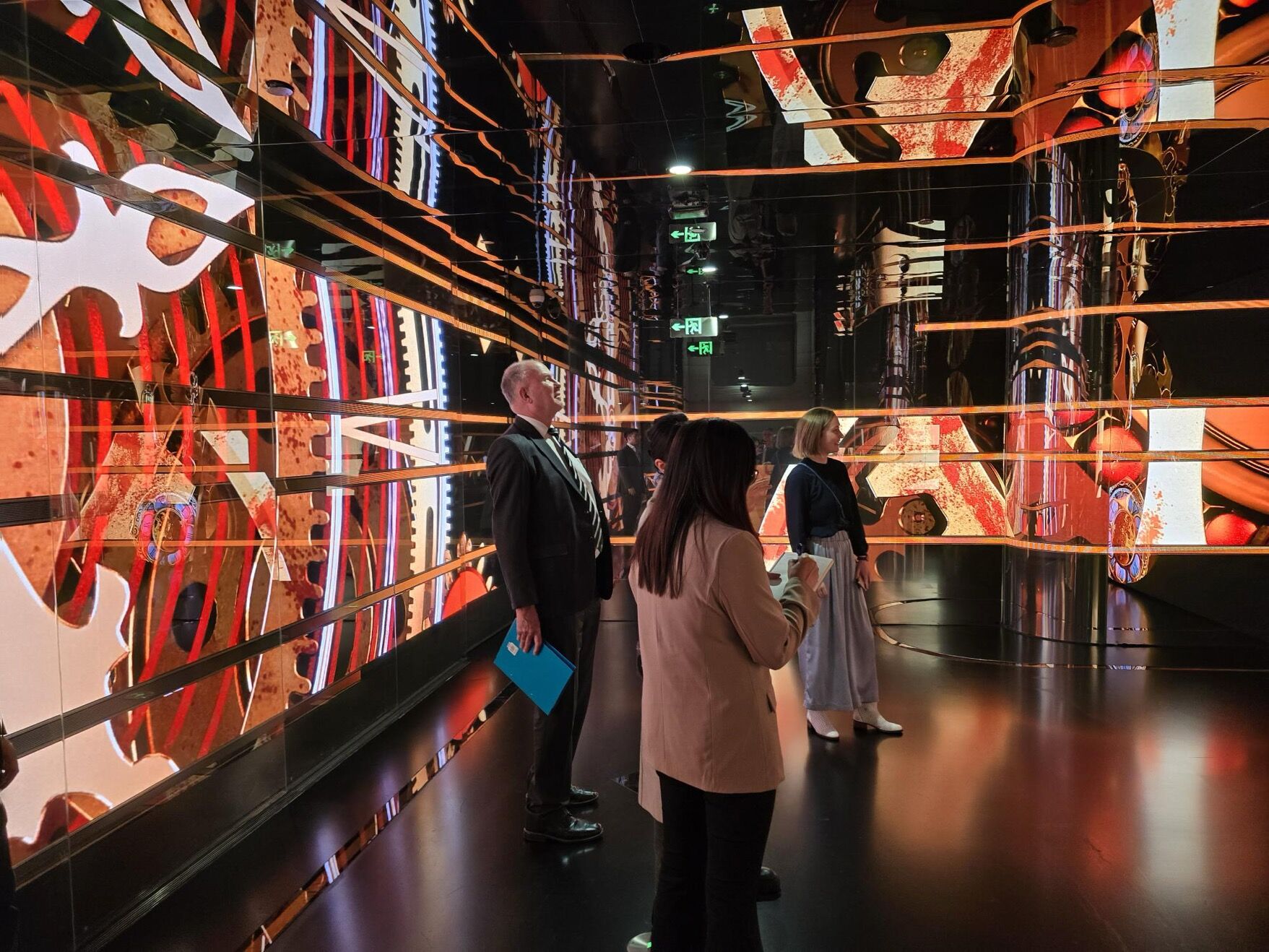
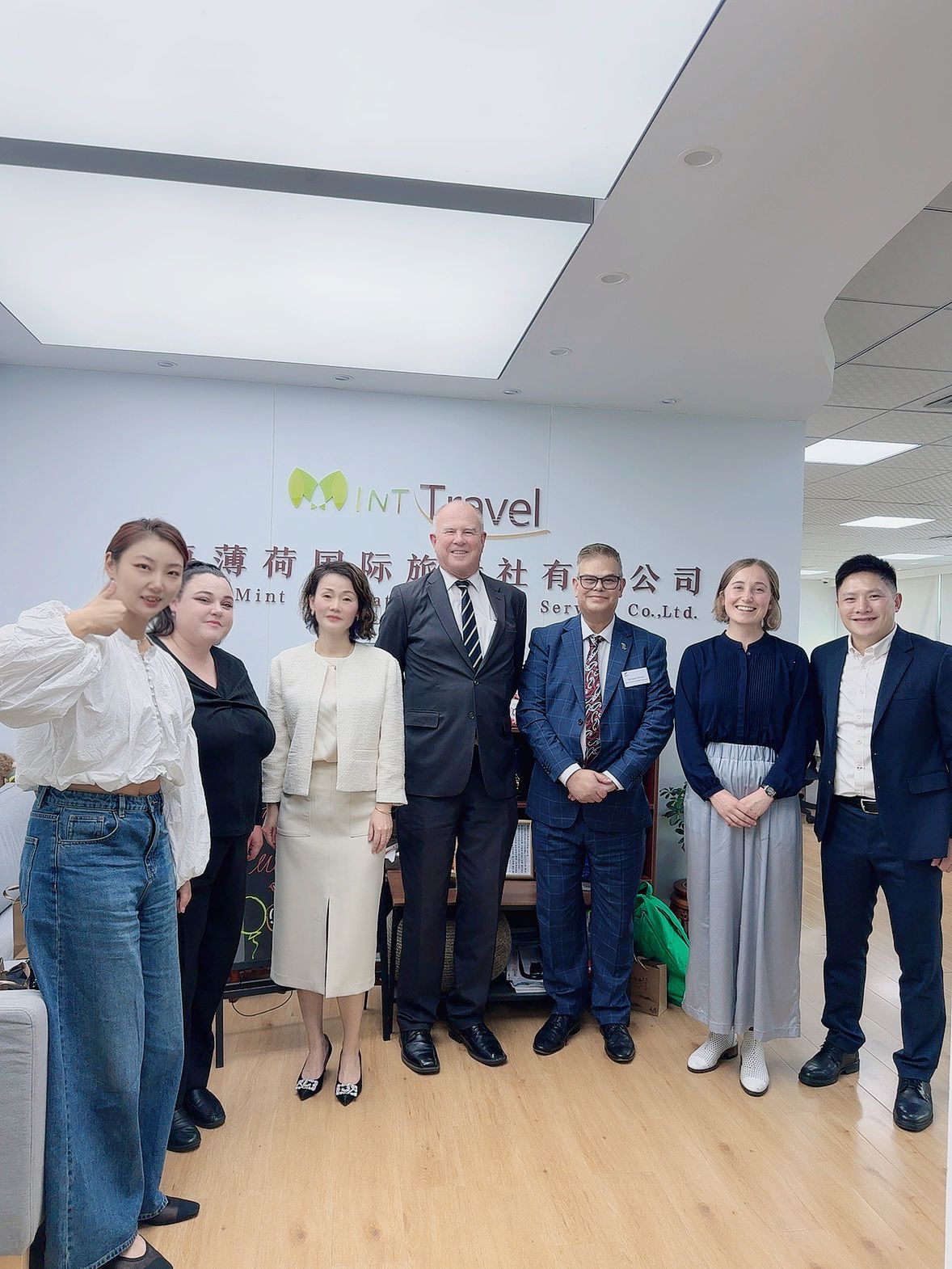
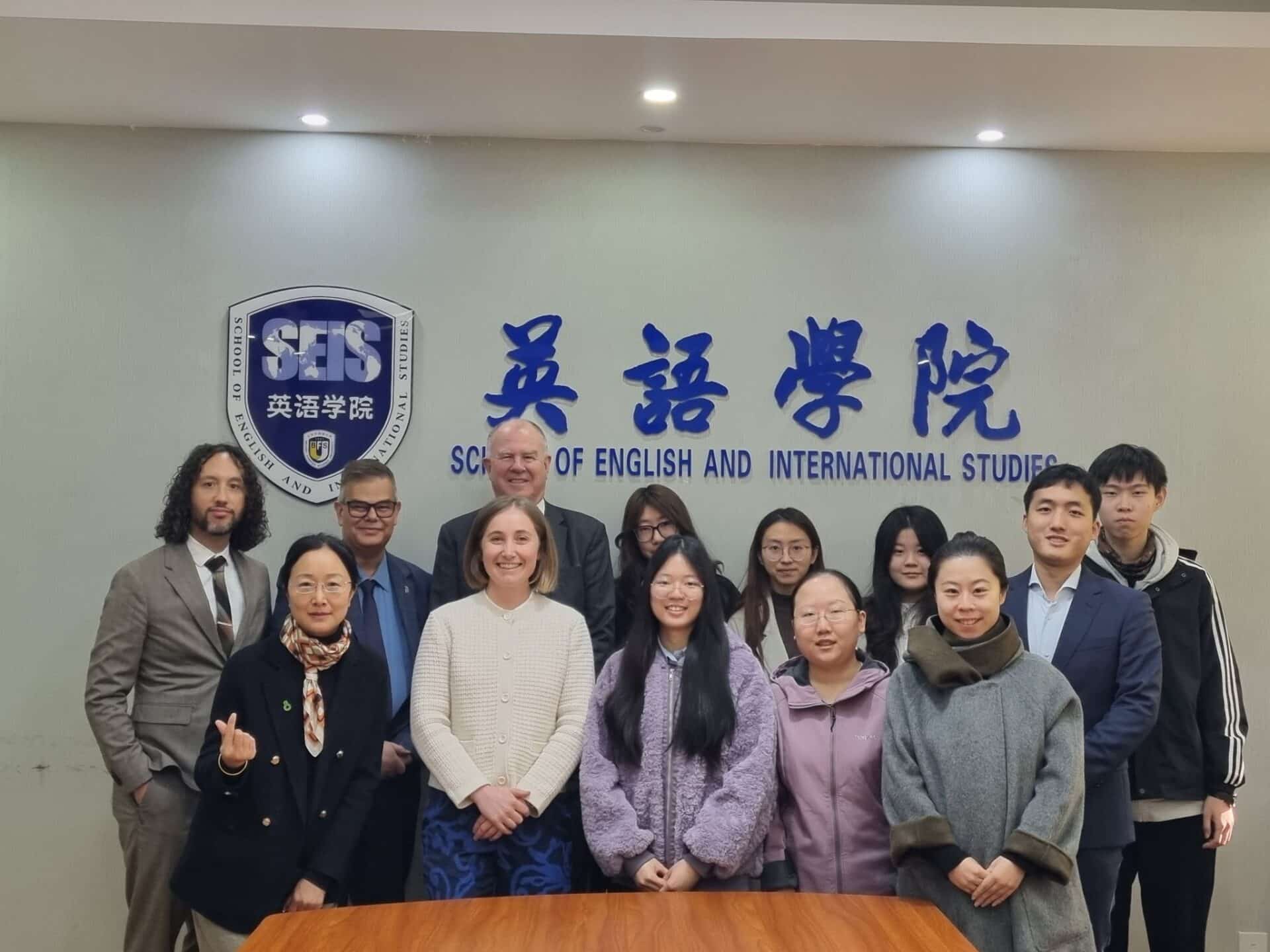
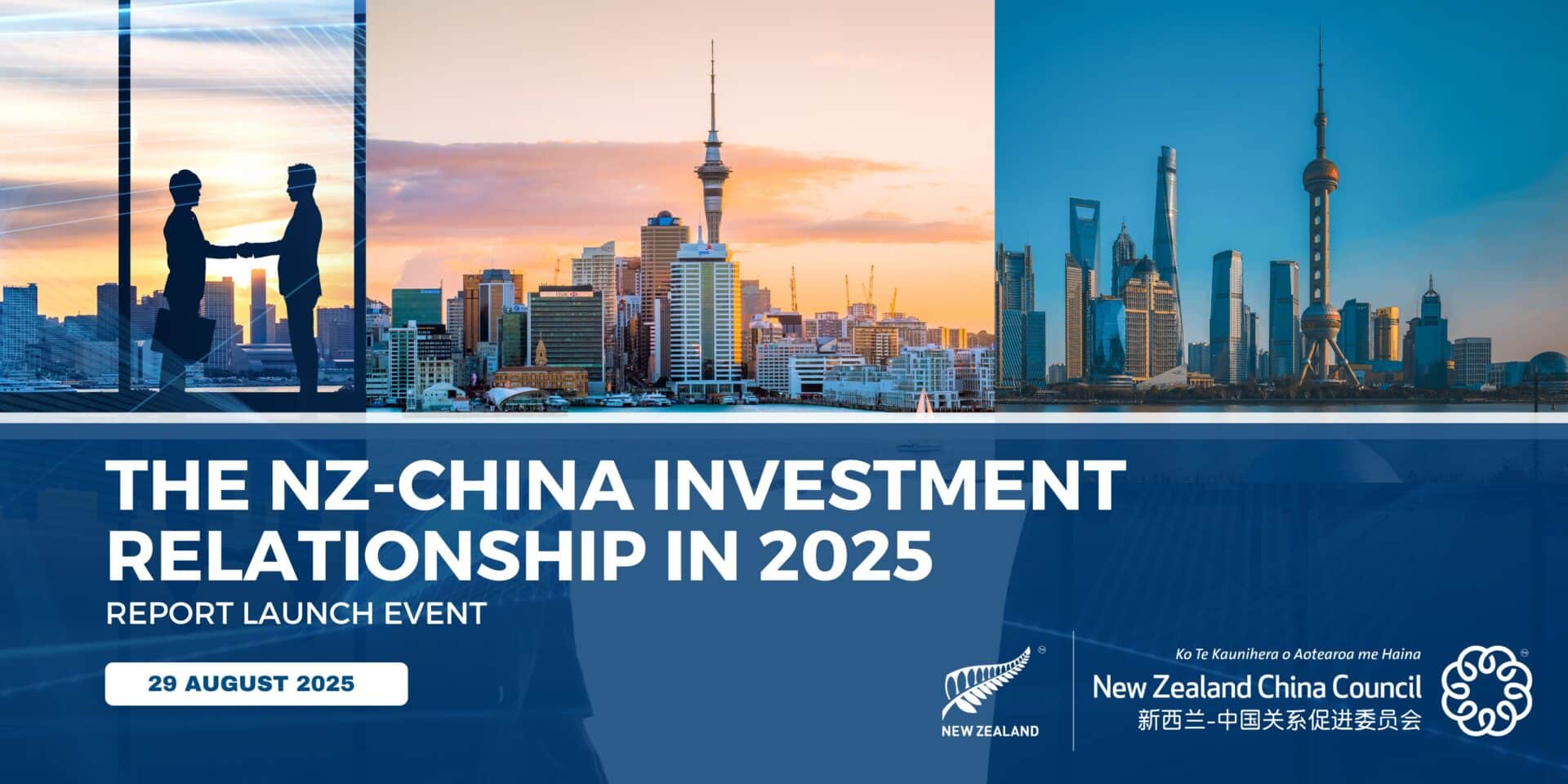

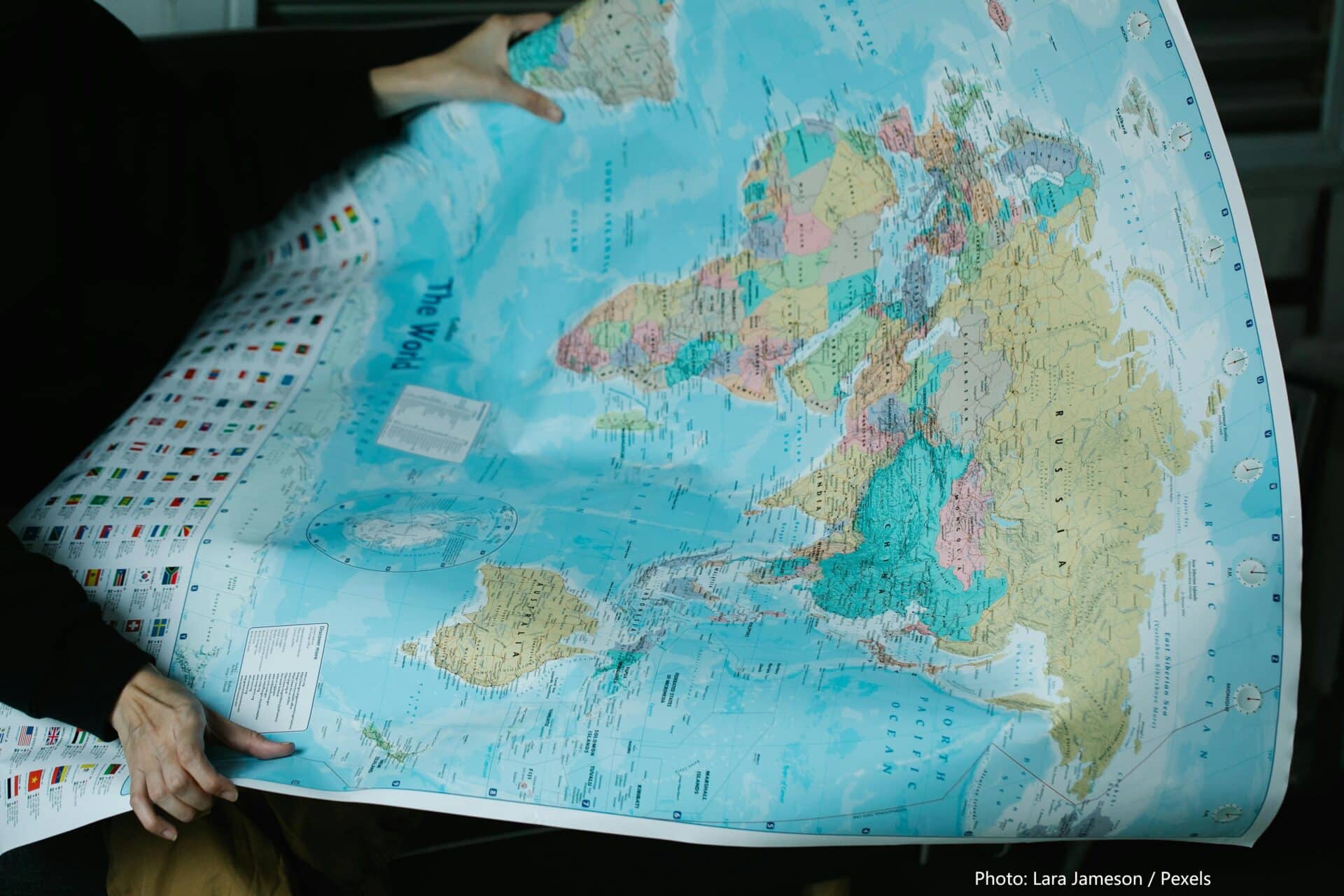
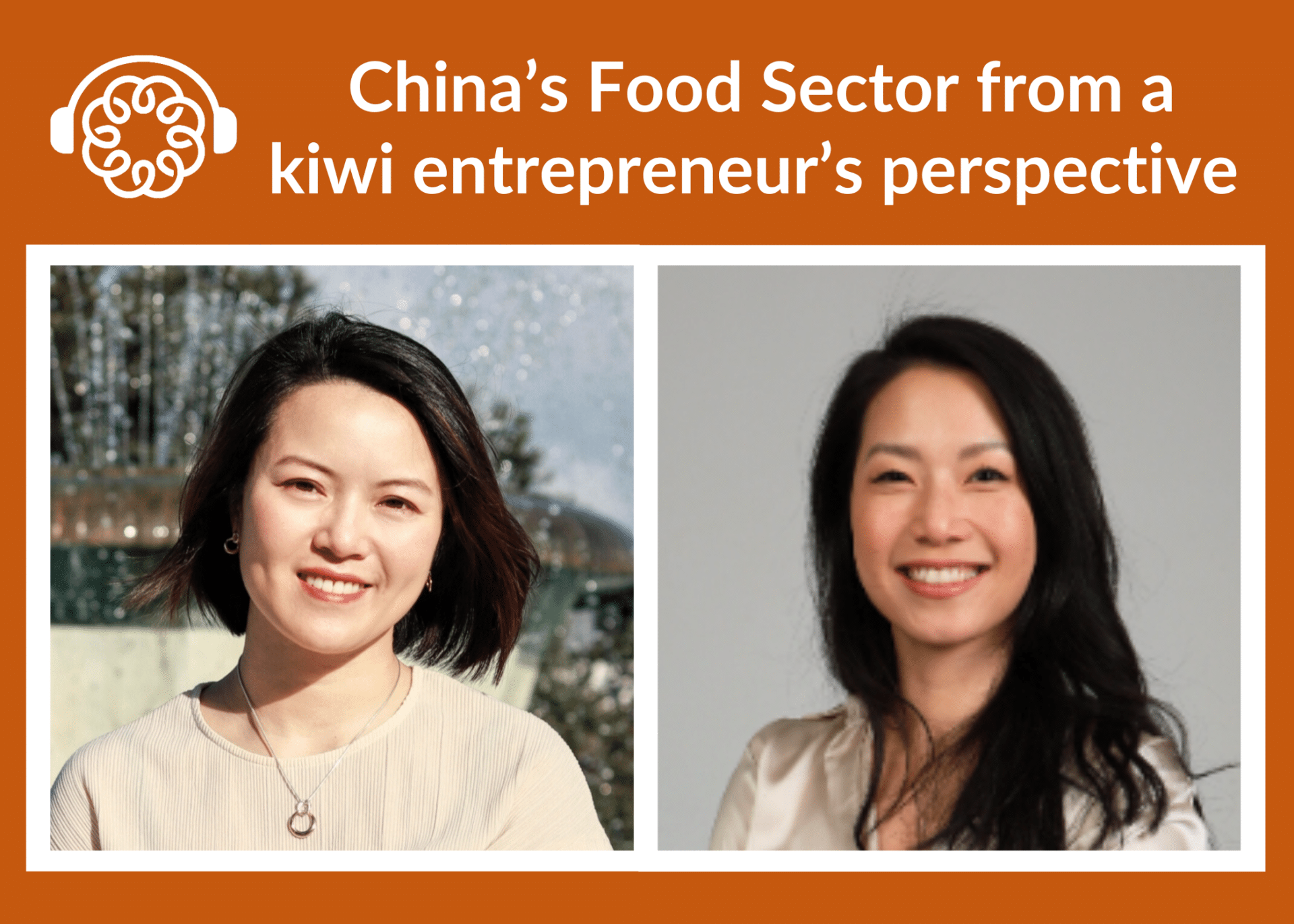
 MENU
MENU
